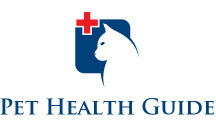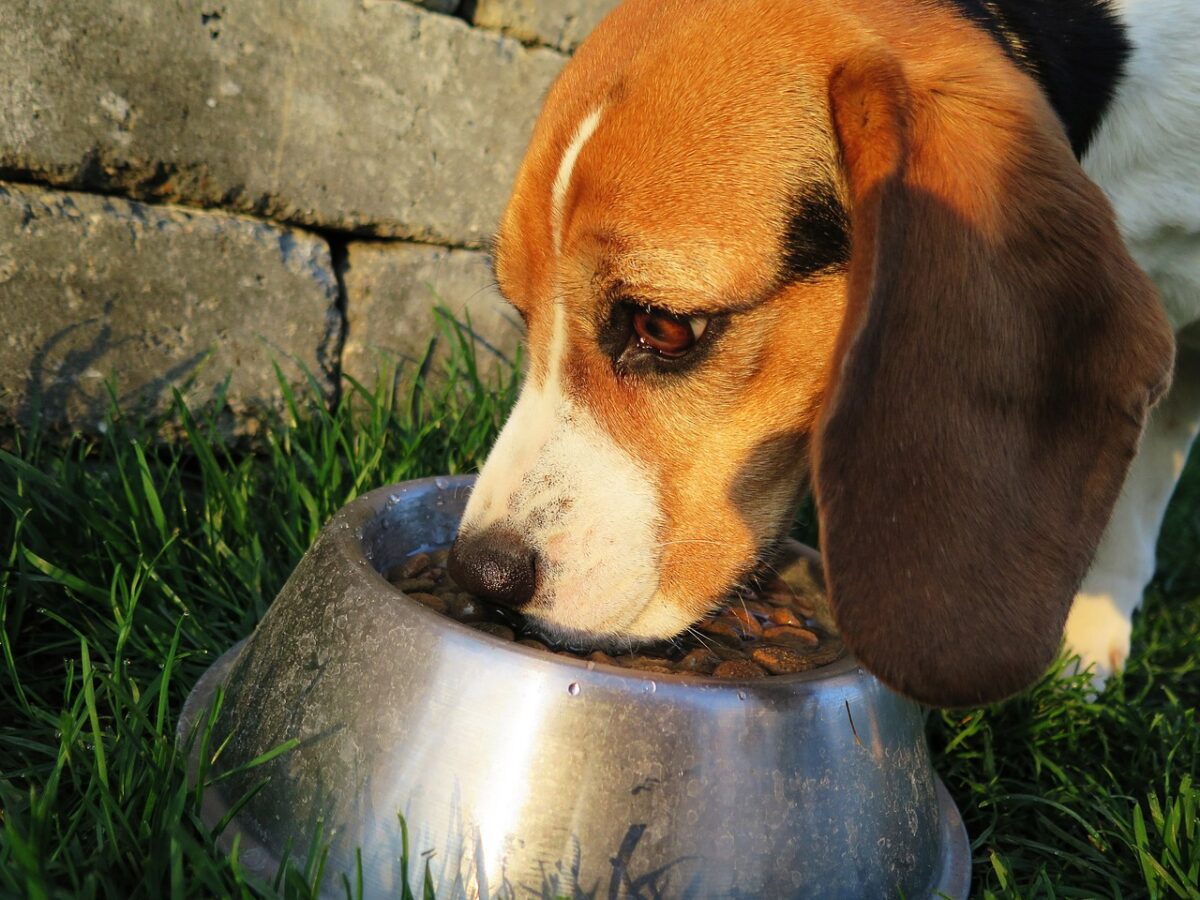Nutrition is essential for your dog, just as it is for you. Your dog’s diet should include a balance of protein, fat, minerals, and vitamins. If you want to feed your dog a healthy diet, you should choose what is right for her. As the owner of the pet, you have to find out what kind of nutrition your pet is getting and adjust your feeding accordingly. Proper nutrition for your pet is important for her overall health and her longevity.
Older dogs sometimes have a disease or infection such as poor skin and coat condition. Infectious skin or coat can cause excessive amounts of shedding to your dog. You should know how to stop a dog from shedding.
Here are a few things you need to know about why nutrition is important for your dog’s healthy skin and coat.
Contents
Importance of Nutrition For a Dog

The dietary requirements of dogs are highly specialized. Dog’s nutritional needs are often quite different from the nutritional needs of humans. The first thing you must learn about dog nutrition is how much is needed by the dog to meet their basic needs. The general rule of thumb about dog nutrition is it should be roughly 25% protein, 75% crude fiber, and 5% water. To maintain good overall health, the dog needs the following: amino acids, fatty acids, minerals, vitamins, trace minerals, antioxidants, hormones, enzymes, probiotics, and antibodies.
Nutrition for a dog’s healthy coat is also important. When it comes to coat care, many people seem to forget that dogs are like people. By feeding him the right things, he will be able to maintain his natural coat and protect himself from the elements.
Importance of Protein
The amino acids are the essential building blocks of protein. The importance of protein in dog foods cannot be stressed enough. They make up the body’s proteins, which are needed to build and repair all of the body’s organs, tissues, and muscles. If your dog doesn’t get enough protein, he could suffer from a lack of growth and even kidney failure. Protein is an essential nutrient, so it’s vital to give your dog the right amount each day. If you’re feeding a dog food that is full of meat, its protein content will be much lower than what your dog needs. Because of this, the right amount of protein is an essential factor in helping your dog reach its full potential.
Importance of Fatty Acids
The fatty acids provide the necessary fuel for the animal’s cells, while the carbohydrates provide the energy for movement and digestion. The trace minerals provide essential micronutrients. These include calcium, magnesium, potassium, phosphorus, iodine, iron, and zinc.
The essential fats include Omega 3 fatty acids and unsaturated fats. Unsaturated fats are necessary for the proper function of the thyroid and the brain. You need to keep in mind a couple of things when it comes to feeding your dog’s essential fatty acids. Make sure that the food that you are giving them is a natural product. This means that it has come straight from the earth and not some artificial chemical being manufactured. Unfortunately, most people will choose some commercial brand food to feed their pets, and because these foods are processed, they contain less essential fatty acid than natural products would.
Importance of Minerals and Vitamins
The mineral substances that make up a dog’s diet are essential because they improve their immune system. Minerals help to maintain healthy bones and teeth. They also help the body to maintain hormonal balance. Dogs that are provided with an adequate supply of minerals have a better chance of living a long, happy, and healthy life. They also provide B vitamins, which are necessary to help form the body’s tissues and organs. Some of the mineral substances that the animal needs, including phosphorus, sodium, silicon, iron, manganese, and calcium. These elements are found in fruits and vegetables, as well as animal sources like meat, dairy products, bone, fish, poultry, eggs, and other animal products. The minerals and vitamins are particularly important to young dogs as they assist in their growth and development. For example, young puppies require adequate amounts of Vitamin D, calcium, and protein to develop naturally.
Dry food is generally easier to digest and absorb. Wet food is better for providing moisture and B vitamins. Still, it is better for overall health, as it provides the necessary vitamins and minerals that the animal needs for everyday living. They help your pet maintain a healthy appetite, aid in wound healing, and speed the recovery of injured animals.
The importance of nutrition for dog health doesn’t end there. Your dog needs all the necessary things that are good for humans, as well as the proper vitamins and minerals. Remember that when it comes to your dog’s healthy skin and coat, nutrition is key. Choose high-quality food from your local pet store. With proper nutrition for a dog’s healthy skin and coat, you can keep your pet happy and healthy for years to come. Taking care of your pet doesn’t have to be difficult. If you consistently do all of these things, you’ll be rewarded with years of good health and great companionship.


